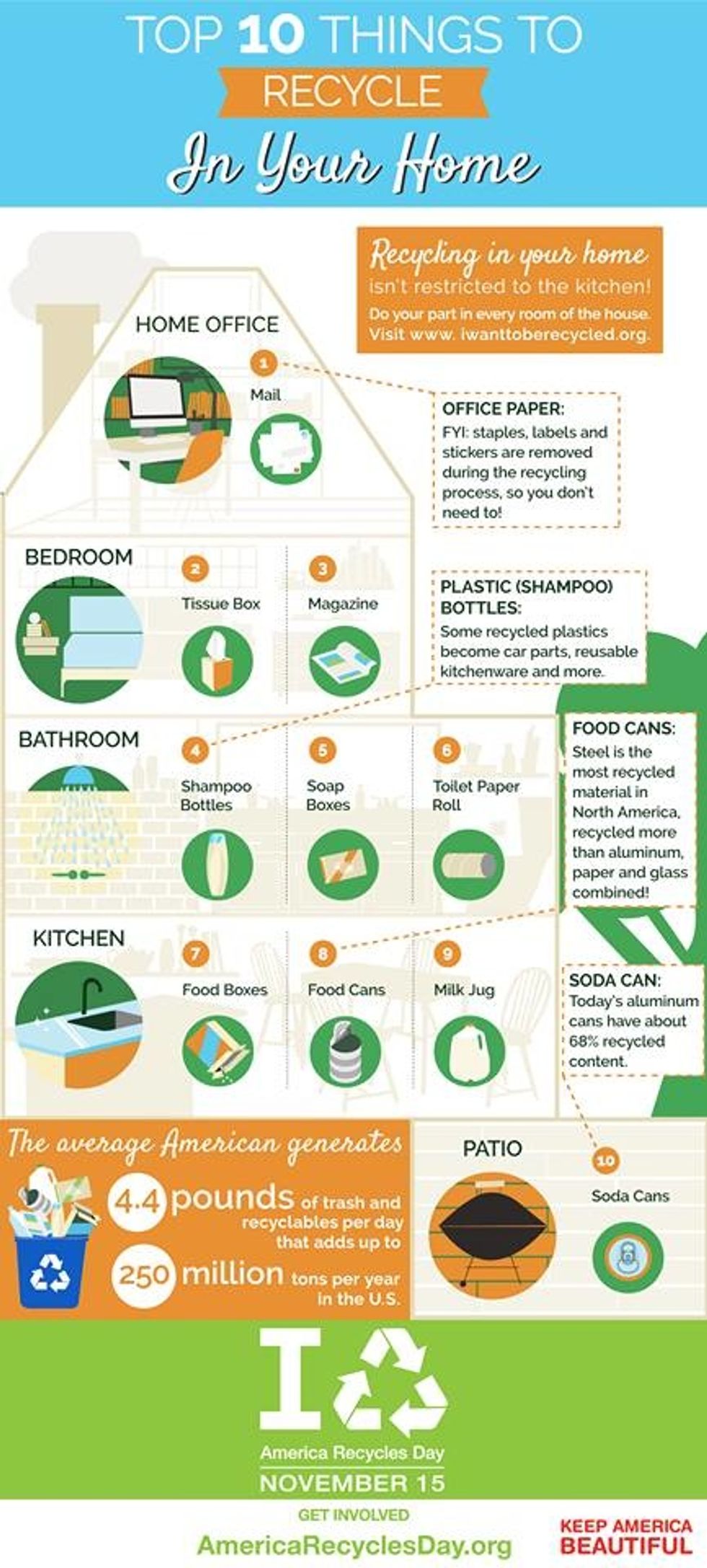Let's Talk About Body Dysmorphic Disorder
The unparalleled beauty of the insidious Instagram model stands as a ceaseless and aching reminder of all the things you aren't, and probably never will be.
To you, the person who looks at yourself in the mirror with disdain, a hollowness filling the pit of your stomach. What is it you are drawn to, that feature that brings you shame? Your cellulite, curves, freckles, blemishes?
The unparalleled beauty of the insidious Instagram model stands as a ceaseless and aching reminder of all the things you aren't, and probably never will be.
Do you consciously make excuses to not attend social activities, particularly in the day time? Perhaps you find yourself always looking the mirror or — alternatively — avoiding it entirely?
Body Dysmorphic Disorder (otherwise known as BDD) shows itself in many subtle forms like those above. Other symptoms may include picking and peeling of skin, constantly looking for reassurance that you look OK, then not believing it when you are told you do. Exercising excessively, hiding under baggy clothes and heavy make-up, or feeling anxious, ashamed or suicidal.
This illness is nothing to be sneered at. It infests, consumes and debilitates, much like any other illness. Though, despite our ever-growing knowledge and understanding of mental health, this is one I have found to be less spoken about.
Astonishing, really, if you were to consider this: Body Dysmorphia is as common as eating disorders, social anxiety disorders, obsessive-compulsive disorder, and depression. Having said that, it has also been linked to happen simultaneously alongside them.
BDD, essentially, is an anxiety disorder that affects 1 in 50 of the general population, where an individual obsessively preoccupies themselves worrying about their image or how their physical appearance is perceived by others. Quite often, these "imperfections" are invisible to everybody else, which causes distress and frustration for the individual in question.
It's chronic.
For the most part of my teenage years and into adulthood I've been laden with this disorder amongst others, striving towards an impossible ideal I had created in my mind. No matter how much weight I lost, it was never enough because, I, as a whole, wasn't exceeding or even meeting my own chimerical standards.
And that's just the thing: they are chimerical, meaning they are impossible to achieve. It's a game the illness plays with our sense of judgment and, more perilously, our happiness. Once I come to that cognizance, my perspective changed entirely.
You may never meet that ideal in your head but let's say you did: does it stop there? Can you guarantee it will bring you genuine happiness? What it is you most want to modify is probably the very feature that makes you unique. Makes you you. Wonderful, beautiful, one-of-a-kind you.
Which is why you're probably better focusing that energy on learning to love what you have instead.
Just wait until you see how everything naturally falls into place once you do.
Be gentle with yourself. It will get better.






































